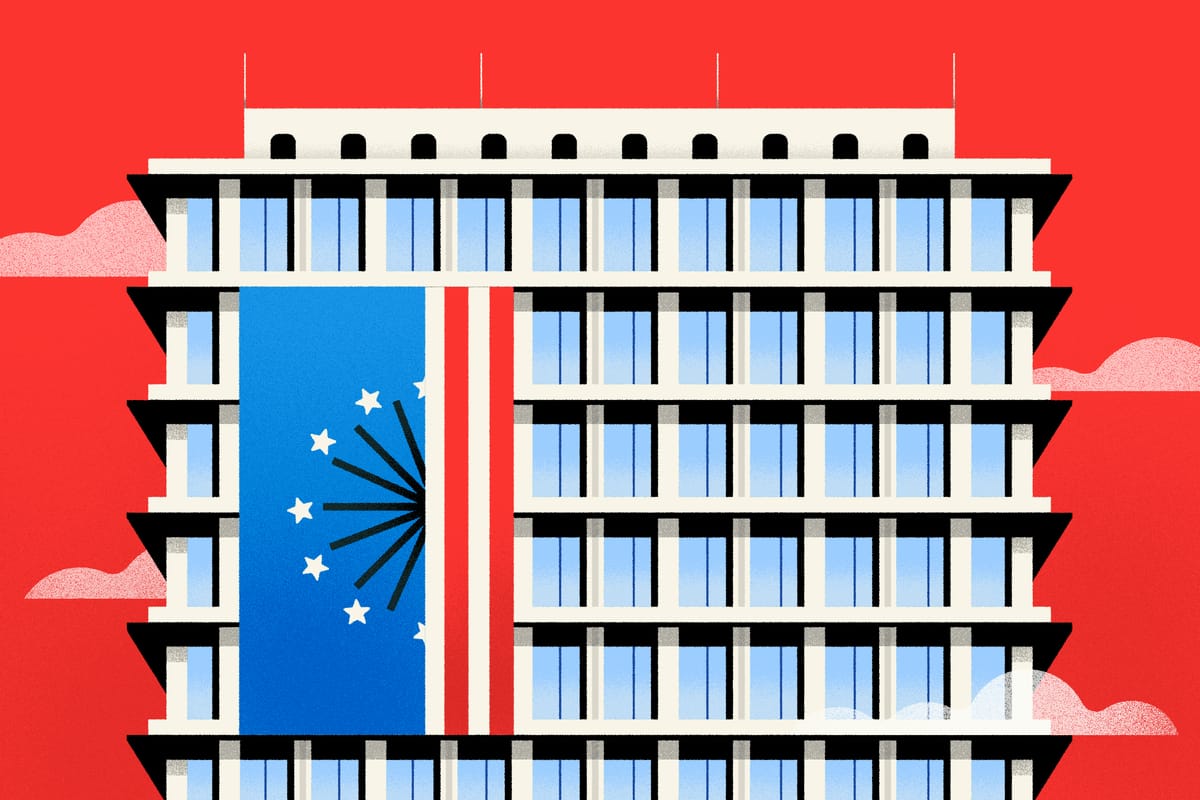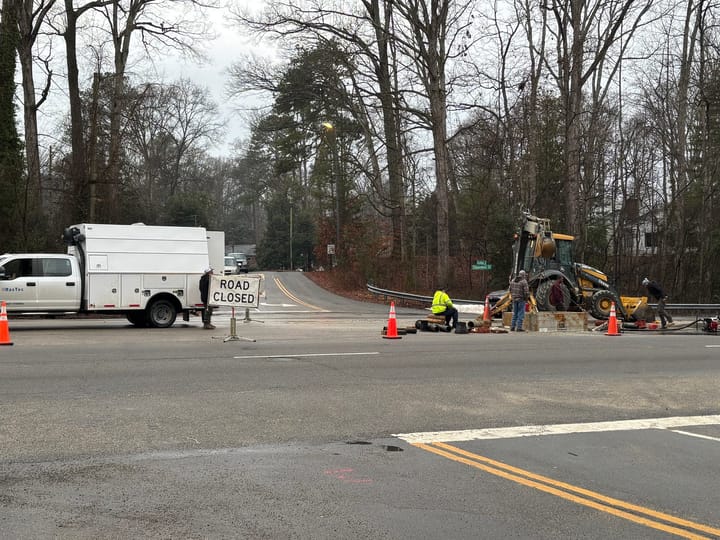
City officials report $22M surplus for last budget year
Despite Richmond’s water crisis early this year, the city government finished fiscal year 2025 with a budget surplus estimated at $22 million, according to a new memo from Mayor Danny Avula’s administration.
The size of the surplus shows the city is in solid fiscal shape after years of population growth and new development, but the number is likely to revive debate over officials’ assertions the city can’t afford to cut residents a break on rising tax bills.
City officials have rejected proposals to lower the city’s real estate tax rate by a few cents, arguing the general fund budget is too tight to not collect the higher taxes that come with rising property values.
The latest surplus number — which was reported to the City Council over the weekend — exceeds the roughly $17.2 million cost of lowering Richmond’s property tax rate by four cents. The Council rejected that proposal last month, after Avula’s administration warned the lower rate would be a “potentially catastrophic decision” that could force cuts to core city services.
The surplus report paints a different picture. It signals the city recently had a big enough financial cushion that officials could have knocked around $150 off the typical homeowners’ tax bill and still had millions to spare. The city’s operating budget now stands at a little more than a billion dollars per year.
Because the latest surplus number is for the budget cycle that ended on June 30, it’s not necessarily an accurate snapshot of the city’s current fiscal condition.
Small budget surpluses are generally seen as a positive for local governments because they’re a sign of fiscal responsibility and accurate budget forecasting. Large surpluses can fuel the perception residents and businesses are being taxed beyond what’s necessary to fund government services.
The administration would not give the Council an estimate of the fiscal 2025 surplus prior to the tax relief vote in mid-October, but promised to report the number by a Nov. 15 deadline laid out in city code.
The city hasn’t fully complied with that rule in recent years. When The Richmonder recently filed a public-records request for surplus reports for the last five years, city officials said no such documents existed.
Under the city’s mandatory surplus policies, 50% of the annual surplus goes to the Downturn Reserve Fund, 40% goes to Capital Maintenance Reserve and 10% goes to special purpose reserves that officials can use at their discretion.
For the latest surplus, that means about $11 million would go to the city’s rainy day fund and $8.8 million would go to the fund used for maintenance of city buildings, schools and infrastructure. The Avula administration is suggesting the remaining $2.2 million be used for “affordable housing activities.”
The fiscal 2025 report covers the budget year that ran from July 1 of 2024 to June 30 of this year. It’s the first report of its kind prepared by Avula’s new administrative team.
The January water outage occurred in fiscal 2025. The surplus report suggests the problems at the water treatment plant didn’t immediately throw the city into dire financial shape, but officials are still looking at steep costs for long-term infrastructure upgrades. In the wake of the water crisis, Avula announced he was enacting hiring limits at City Hall to ensure the budget would be in “good shape” to close out fiscal 2025.
The Avula administration memo didn’t analyze why the city ended up with significantly more money than it planned to spend. But the administration said it’s expecting smaller surpluses going forward.
“Looking ahead, the transition of the real estate assessment cycle to align with the fiscal year will improve revenue forecasting, but is also expected to significantly reduce General Fund surpluses in future years,” the administration memo said.
Though many Richmond residents have seen rapid increases in their property’s assessed value for tax purposes, they’ll get a temporary reprieve in 2026.
The city is taking a year off from reassessing property values to allow the assessment cycle to better sync up with the budget cycle. That means homeowners won’t see their taxes rise next year because of higher property values, but they’ll see two years of change to their property values in the next assessment notices that go out in early 2027.
Avula has said he would support lowering the city’s tax rate if he deems it feasible after the city is on the other side of the assessment freeze.
“I'm more than happy to look at it every year, because I know that this is something that our residents care about,” Avula said while discussing the tax rate at a Sept. 16 news conference.
Council member proposes basing next budget on lower tax rate
City Councilor Stephanie Lynch (5th District) doesn’t see the upcoming assessment freeze as a reason to put off the tax relief conversation until later, because the higher bills will return eventually.
Lynch recently introduced a resolution to formally ask Avula to base his next budget off a lower tax rate. Instead of $1.20 per $100 of assessed value, she wants the Council to instruct Avula to build a budget based on the same $1.16 rate the Council considered last month but decided against.
“If we’re going to think seriously about creating tax relief for the people of Richmond, we have to build a budget at the onset based on the $1.16,” Lynch said.
Because state law requires the Council to vote on the tax rate after new assessment notices go out in September, administration officials often argue taking that step would throw off the budget and require unplanned cuts. Building the tax relief in from the beginning, Lynch said, gets around that problem.
Even though the resolution is non-binding and wouldn’t force Avula to move toward lowering the tax rate, Lynch said it could at least help clarify what the city would have to do to make the $1.16 rate work.
“Either way, I think it opens the dialogue of, ‘OK what would you cut?’ Let’s have that conversation,” Lynch said. “If they’re going to give it an honest crack, they wouldn’t be making any cuts at all.”
Contact Reporter Graham Moomaw at gmoomaw@richmonder.org






